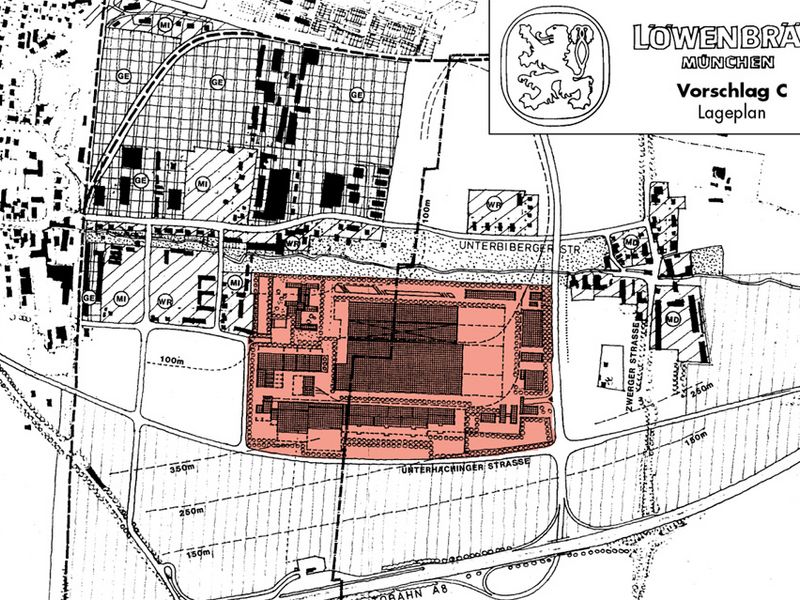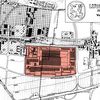Munich:Relocation of Löwenbräu Brewery
Disciplines
-
Buildings & Architecture
-
Urban Infrastructure & Utilities
Companies
Dorsch International Consultants
Client
Löwenbräu AG, Munich
Duration
From 1985 to 1990Project Activities
- Review of estimate of land requirements for buildings under consideration of individual building sizes and their production/operational assignment
- Elaboration of a rough layout and, derived there from, determination of a revised overall property size under consideration of building code requirements
- Development of alternative operating concepts for particularly space-intensive branches of production and functional areas
- New definition of alternative property sizes
- Elaboration of additional planning variants as a consequence of variable planning parameters in respect of the envisaged production capacity
- Execution of regional policy harmonization procedure
- Accompanying feasibility calculations.
Contact
Dorsch International Consultants GmbH
München (Headquarters)
80687 München
Germany
Phone: +49 89 5797-0
Fax: +49 89 5797-800
E-Mail: info@dorsch.de
Description
Under the terms of this framework contract DORSCH CONSULT was to advise Löwenbräu AG during the planned relocation of its Munich brewery. The relevant services extended from the joint project development and location assessment through the provision of special advice during the plan approval phase and detailed design (logistics, access and development of site, external facilities) to overall projectmanagement (both in the design and construction phases).
In the run-up to plan approval the first step was to jointly carry out the project development and prepare the necessary project documents. Various project and land use options were elaborated, in order to be able to derive a location alternative which was compatible with the surrounding area.
On the basis of this work it was then necessary to coordinate the physical planning requirements of the competent authorities with the business interests ofthe client. Then the regional policy harmonization procedure was initiated, accompanied and successfully completed.
At this point, however, the development planning process was interrupted.

